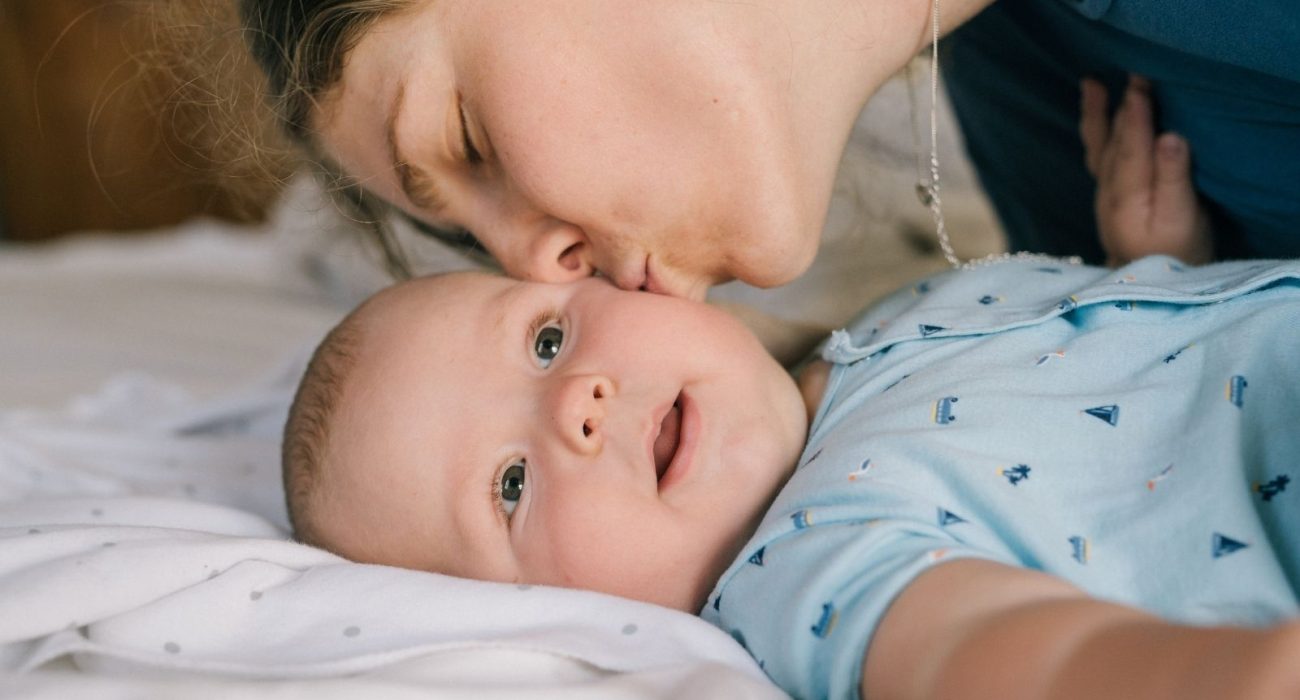Mazel tov on your new baby! In between changing diapers and feeding this adorable munchkin, you may be worried about how you receive your maternity leave benefits. The good news is that you probably don’t have to do anything to make that happen, but of course, there are some exceptions.
Eligibility for Maternity Leave
Maternity leave refers to the amount of time your employer is obligated to hold your job for you. If you have worked for a year for the same company, you are entitled to a maternity leave of 26 weeks, only some of which is paid. If you have worked for your current company for less than 12 months, you are entitled to 15 weeks of maternity leave, all or some of which is paid. Your employer cannot prevent you from taking maternity leave or begin the termination process for a period of 60 days after your return.
If you were employed by the same employer for a year before becoming pregnant, you will have pensions contributed on your behalf for the first 5 weeks of maternity leave. You must also deposit 6% during this time (usually laid out by the employer and deducted from your pay upon your return to work).
If you’re self-employed, you don’t need anyone to hold your job, so this is not relevant to you, but you do receive maternity pay from Bituach Leumi.
Maternity Pay
A woman who worked 10 out of 14 months or 15 out of 22 months prior to her birth is eligible for 15 weeks paid maternity leave from Bituach Leumi. A woman who worked 6 out of 14 months prior to her birth is eligible for 8 weeks paid leave.
According to the Kol Zchut website, “The maternity allowance is computed per day according to the gross salary of the employee in the three months preceding the first of the month in which the leave began, divided by 90, or according to the total income in the six months which preceded that day, divided by 180 (whichever is higher, up to the maximum established amount).”
If you’re self-employed, payment is based on the three months preceding your maternity leave or the same three months in the previous year, whichever is higher. If you’re both a salaried worker and self-employed, maternity pay will be based on both incomes.
How to File for Maternity Pay
If you’re a salaried worker and your employer has an arrangement with Bituach Leumi, you will automatically receive your maternity pay in a one time payment during your maternity leave. If you are self-employed, you will get a payment based on your advance payments to Bituach Leumi and adjustments will be made later if necessary. If you were receiving bed rest benefits or unemployment, you will also receive your maternity pay automatically.
If you don’t fall into any of these categories or you gave birth at home and not in the hospital, you will need to file a claim with Bituach Leumi. This can be done up to 9 weeks before the due date by mail, fax or at a local branch, or after birth online. These are some of the documents you may need:
- Confirmation of birth from the hospital (if you gave birth abroad)
- Newborn registration at Ministry of Interior (if baby was not born in a hospital)
- Permit from the Ministry of Health or Ministry of Economy (if you received vocational training from the government)
- Reserves book and certificate of discharge (if you are a newly released soldier)
- Proof of National Service (if you have just completed it)
- Bank account information (if you are a foreign worker or foreign passport holder)
- A completed Form 355 from Bituach Leumi. Sections 8, 9 and 10 of this form must be completed and signed by your employer.
In most cases, maternity pay arrives automatically in a new mother’s bank account. If you fall into one of the categories that require filing, the process is fairly transparent and shouldn’t be too difficult. You’ll have plenty of time to focus on yourself and your new baby.

